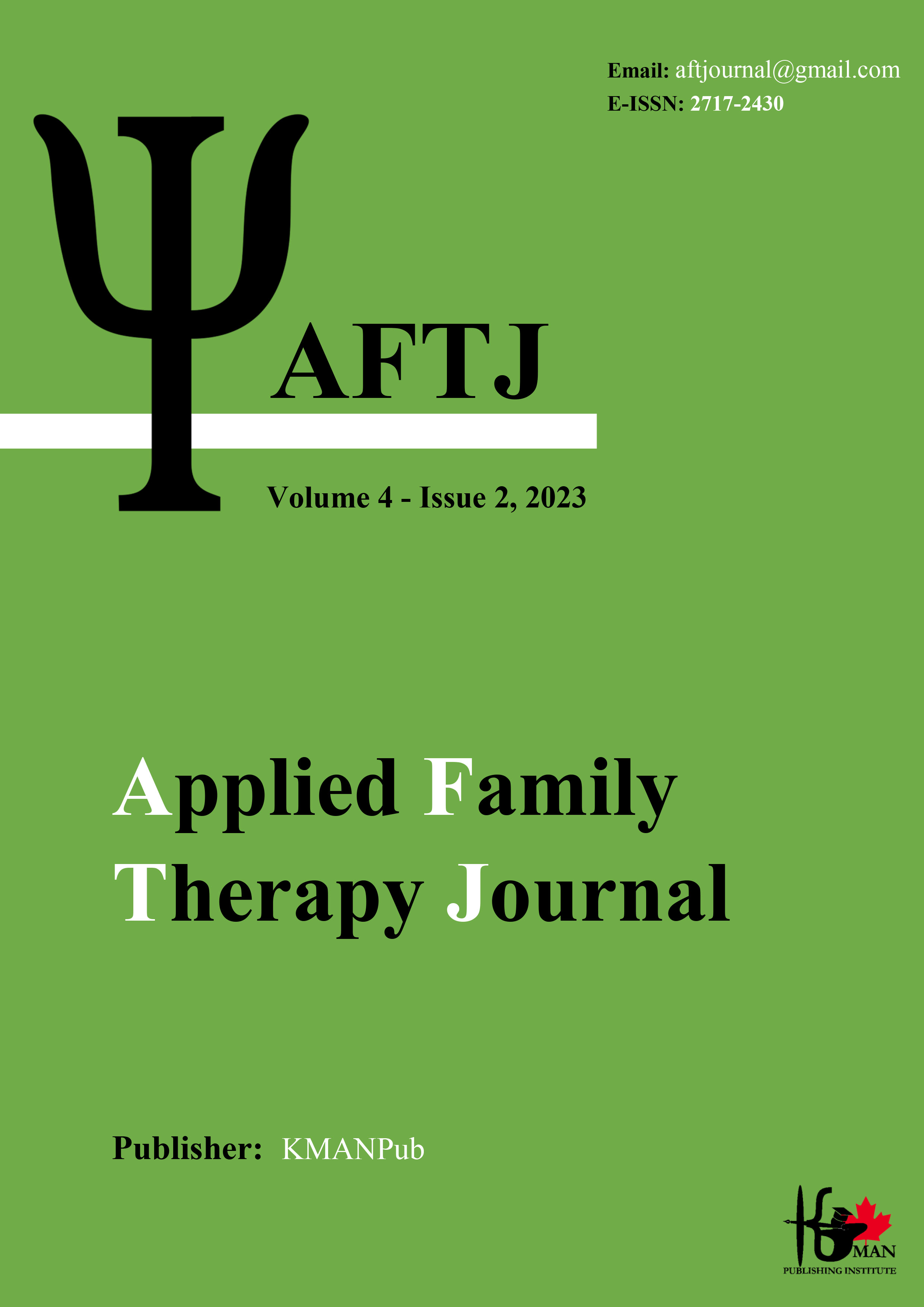Comparing the effectiveness of cognitive-behavioral therapy and parent-child interaction therapy on the anxiety and loneliness of children with separation anxiety disorder
Keywords:
cognitive-behavioral therapy, parent-child interaction therapy, anxiety, Loneliness, Separation anxiety disorder.Abstract
Aim: The purpose of this study was to compare the effectiveness of cognitive-behavioral therapy and parent-child interaction therapy on the anxiety and loneliness of children with separation anxiety disorder. Methods: The current research was of the type of practical and quasi-experimental designs of pre-test-post-test and follow-up with a control group. The statistical population of this research included all children (girls and boys) suffering from separation anxiety disorder in Sari city in the first six months of 2021. The sample of this research includes 30 people who referred to Bammad Counseling Center and Bawar Counseling Center who were selected using available sampling method and randomly divided into two experimental groups of cognitive-behavioral therapy and parent-child interaction therapy and the control group in the list. They waited. The data were obtained using the Spence Children's Anxiety Scale (1997) and Asher et al.'s (1984) Loneliness Questionnaire. The data was analyzed using the method of analysis of variance with repeated measurements and SPSS-26 software. Results: The results showed that there is a significant difference between the two groups of cognitive-behavioral therapy and parent-child interaction therapy on anxiety and loneliness in children with separation anxiety disorder, and cognitive-behavioral therapy causes more changes in anxiety in children. He was diagnosed with separation anxiety disorder and this treatment is stronger than parent-child interaction therapy in this group of patients. However, according to the average indices and the effect size obtained in the treatment of parent-child interaction, it caused more changes in loneliness in children with separation anxiety disorder, and this treatment is stronger than cognitive-behavioral therapy in this group of children with separation anxiety disorder. It was separation anxiety disorder (P<0.001). Conclusion: Therefore, it can be concluded that cognitive-behavioral treatment of anxiety in children with separation anxiety disorder and parent-child interaction therapy can be an effective intervention method to improve the loneliness of children with separation anxiety disorder.
Downloads
Downloads
Published
Issue
Section
License

This work is licensed under a Creative Commons Attribution-NonCommercial 4.0 International License.





















